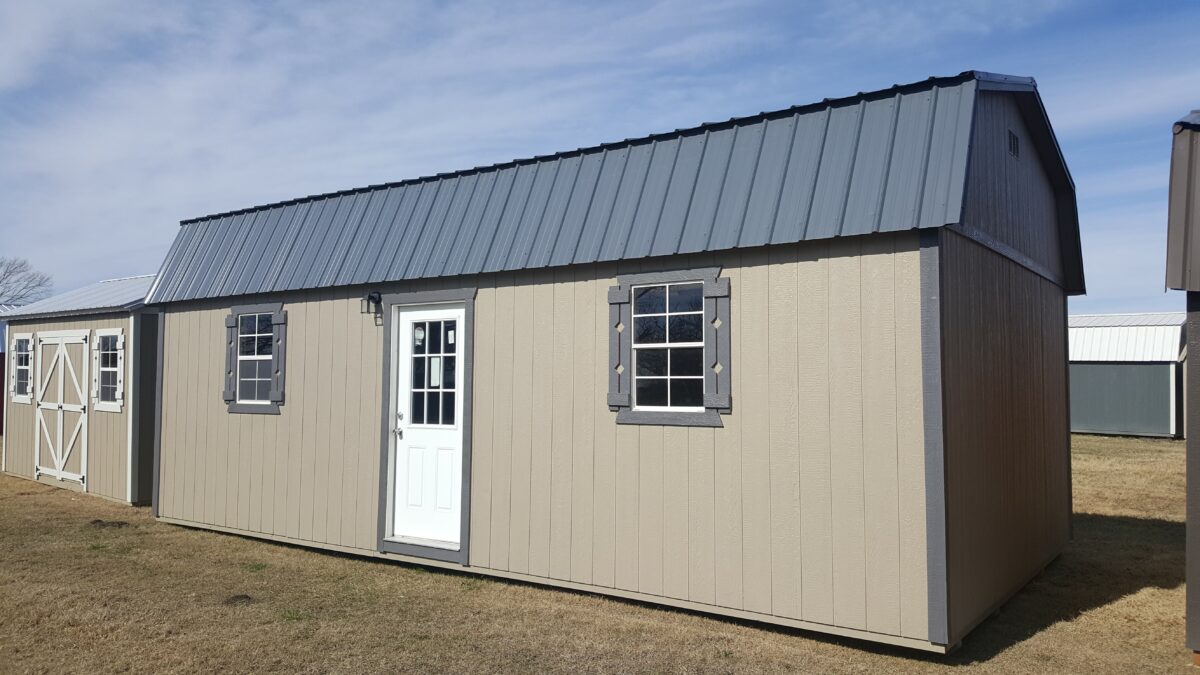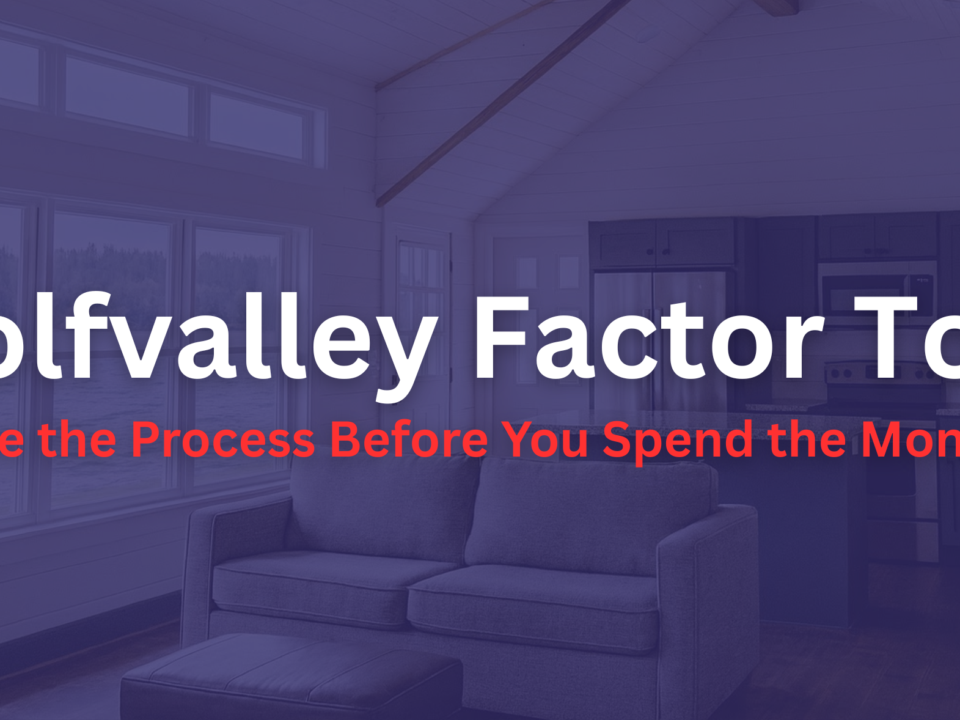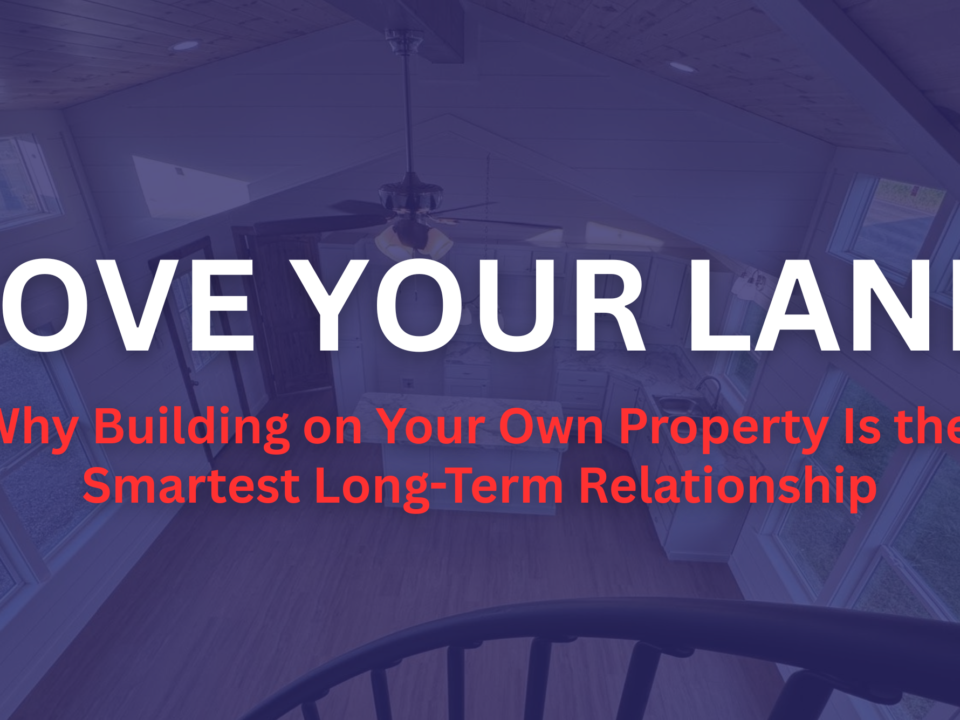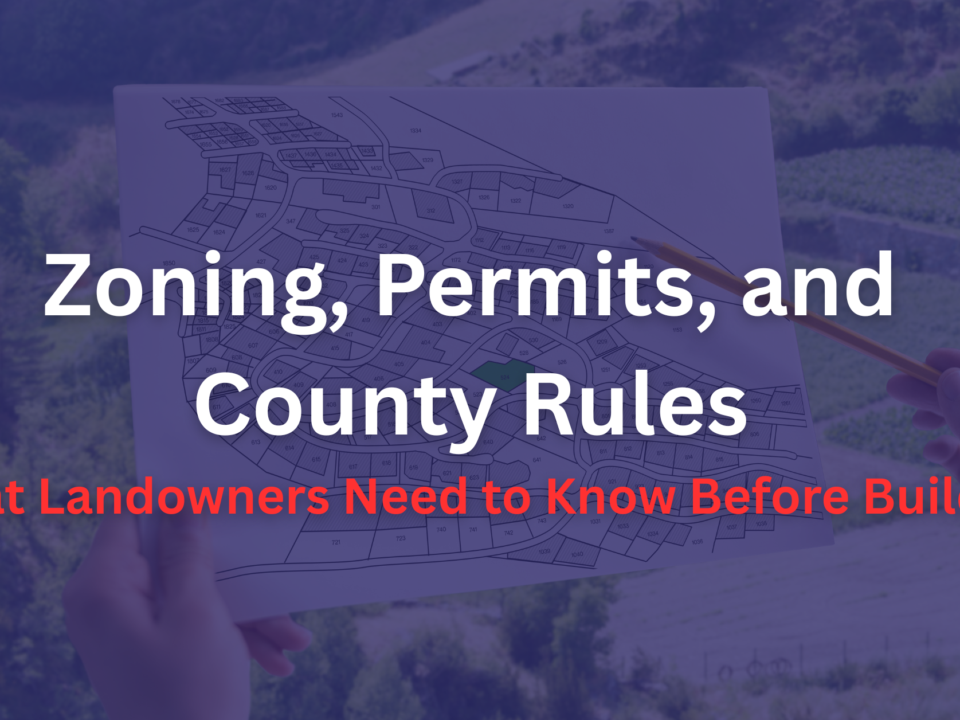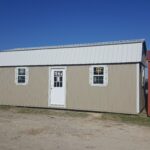
Shed vs Shipping Container (What You Need to Know Before You Buy)
July 10, 2025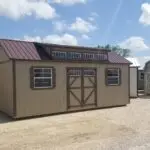
Tiny Home Foundations 101: Skids, Piers, and Site Prep Made Simple
July 12, 2025Do I Need a Permit for My Shed or Tiny Home?
Everything You Need to Know Before You Build
When you’re planning to add a shed or tiny home to your property, one of the first questions you should ask is: “Do I need a permit?” The answer depends on where you live, what size structure you’re building, and how you intend to use it. At Wolf Valley Buildings, we make the process as straightforward as possible—but it helps to understand a few basics first.
This guide walks you through common permit requirements, when you may be able to skip them, and how to keep your project compliant from the start.
Shed and Tiny Home Permits: The Basics
In most areas, small storage buildings that are not permanently attached to the ground may not require a permit—especially if they’re under a certain size. For example, some counties allow buildings up to 120 or 200 square feet without a permit. That’s enough for a lawn shed or small workshop.
But once you go larger, plan to live in the building, or connect it to utilities like water or electricity, local building departments usually require a permit.
Always check with your county or city’s building department. Each location has its own rules.
Wolf Valley Buildings: Pier and Beam Means Flexibility
All of our sheds and tiny homes are built on pier and beam foundations. This construction method keeps the structure off the ground, allows airflow underneath, and simplifies delivery. More importantly, it often keeps your project classified as a portable building, not a permanent structure.
Why does that matter? In many cases, portable buildings face fewer zoning or code restrictions. You may not need a permit—or may only need a simple registration or site plan approval.
Because our buildings are not tied into a slab foundation or traditional permanent footings, they give you more flexibility. And they’re easier to move or resell if your plans change.
Common Scenarios and What to Expect
If you’re buying a storage shed under 200 square feet and not hooking up any plumbing or electric, there’s a good chance you won’t need a permit. But you should still confirm with your local authority.
If you’re building a tiny home to live in, even temporarily, most cities will require a residential building permit. That could mean submitting plans, getting inspections, and following residential building codes.
Want to install electrical wiring or plumbing? Those systems may need separate permits or licensed contractors. Even if the building itself doesn’t require approval, the utilities might.
It’s always best to ask before you build. Getting caught without the right permit can lead to fines or even removal of your structure.
What We Recommend
Before you buy, check the rules in your city, county, or HOA. We’ve worked with customers across Texas and can often point you in the right direction. But the final word always comes from your local building department.
When you’re ready, our team will work with you to provide any specs, plans, or documentation you might need to apply for a permit—or confirm that you don’t need one.
Permits may feel overwhelming, but with a little preparation and a Wolf Valley expert on your side, the process becomes much easier.
Final Thoughts: Know Before You Build
Getting clear on local permit requirements is one of the smartest first steps you can take. It protects your investment, avoids costly surprises, and helps you plan the right type of building from the beginning.
With Wolf Valley Buildings, you’re not in this alone. We’ll help you navigate the details and choose a structure that fits your needs and your city’s rules.
Ready to start planning your building? Visit WolfValleyBuildings.com or call our team for help with permitting, site prep, and choosing the perfect design.
Internal Links:
She-Shed & Man-Cave Ideas for 2025 | Backyard Retreat Designs
Garden Shed Ideas for 2025 | Wolf Valley Buildings
Portable Sheds vs Permanent Sheds: Which One Is Right for You?
External Link:
https://www.familyhandyman.com/project/shed-permit-what-you-need-to-know/

